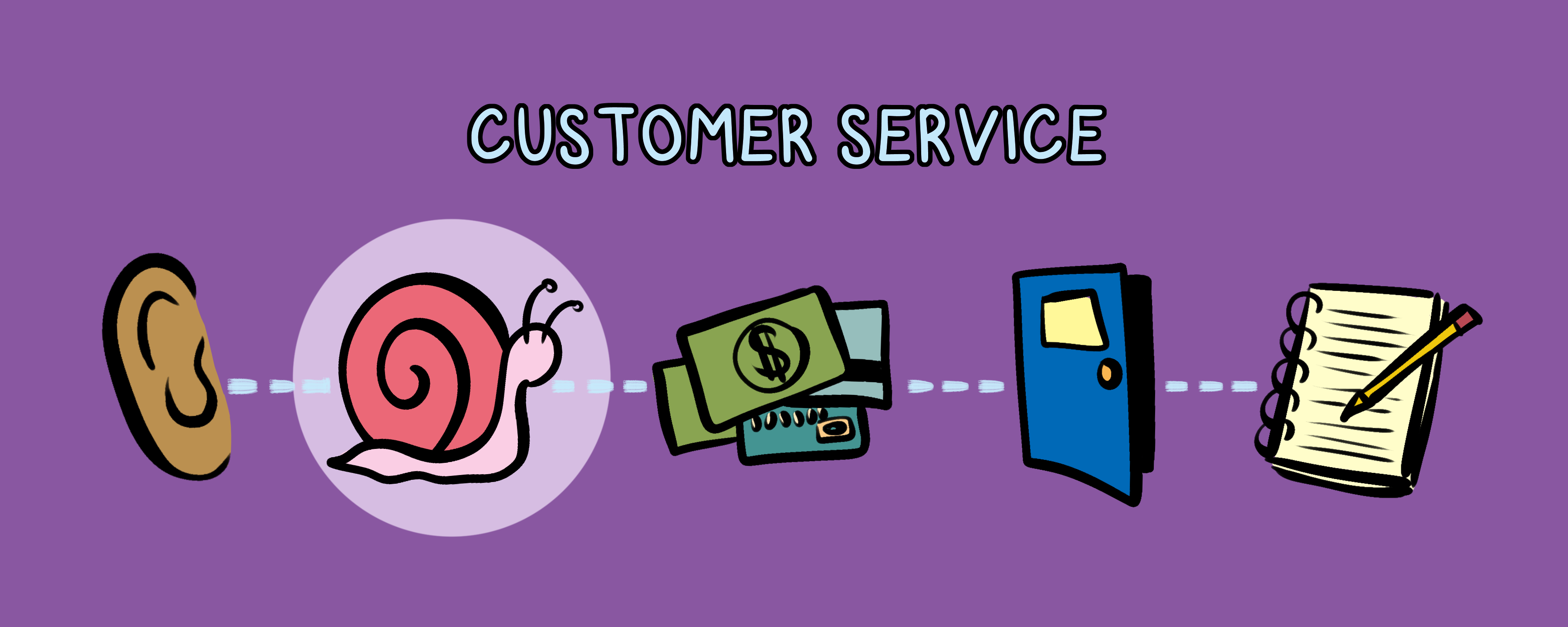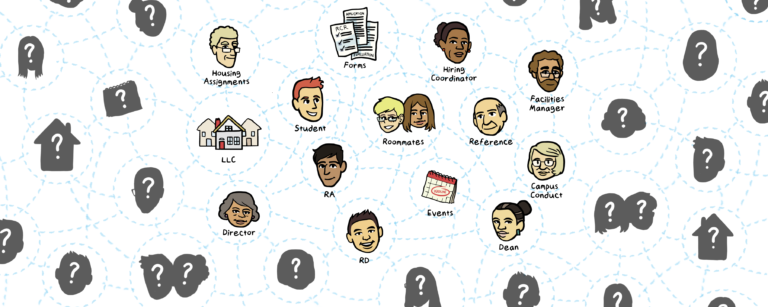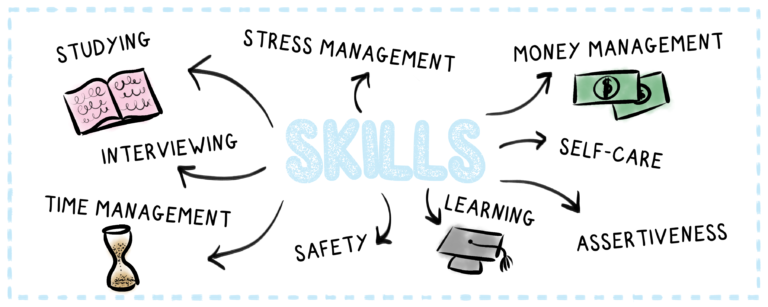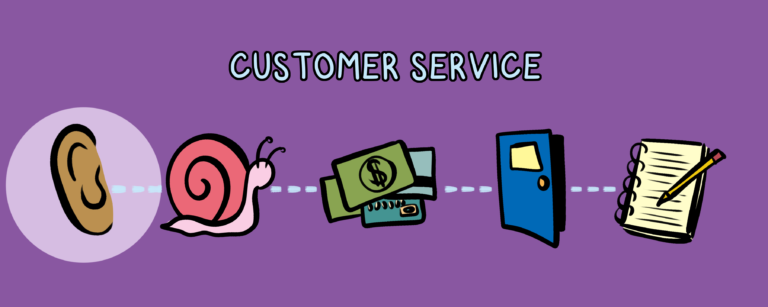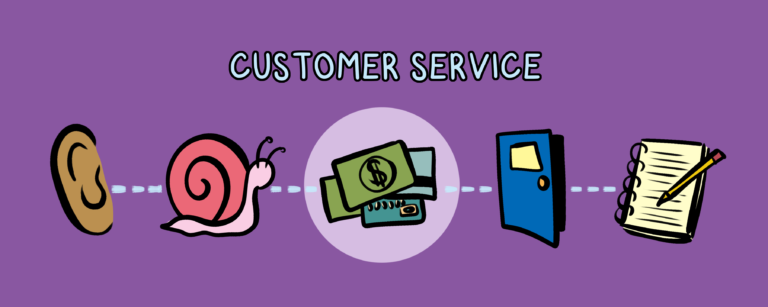The customer is always right, right? That’s what they say, but sometimes the customer is wrong or misunderstands. Happened to me today, actually. I was buying some wrinkle cream and it was a sweet deal- buy two, get one free. When I got home, the receipt showed that I was charged for all three packages. Obviously, being the thrifty person I am, I went in and asked for a refund on the third package. The CSR at the store was patient, listened to my concern, and went to check the pricing on the shelves. She explained that I was correctly charged but her explanation was not registering in my brain. To her credit, she found three different ways to explain how the system shows the discount on the receipt and exercised persistence in helping me understand. I sincerely appreciated her patience and her approach and left the store completely satisfied.
Obviously, this encounter could have ended differently. Had I not understood the pricing scheme, I simply would have returned all three packages, the company would have lost those sales, and I would have way more wrinkles. While a simplistic example, it translates well to Residence Life: Treat customers with respect, and they will respect you in return. It’s not important who is right but rather the level of respect we show in responding. A student or their parent will contact you in a tizzy about a situation in Residence. They are furious, and your job is to help that person understand and appreciate the policy or situation that they are frustrated by. Rather than jump to an explanation to prove your point, take the time to earn their respect. By using active listening, letting them know you appreciate the concern was brought to your attention, and by paraphrasing your points to ensure understanding, you will quickly earn the respect of your customer. In turn, they’ll be ready to hear an answer that may differ from the one they initially expected or wanted. And in the end, it’s not about who is number one… it’s about respect, meeting people where they’re at, and communicating a message that everyone understands.
Thanks for being part of our community. We’re glad you’re here. Come back tomorrow for the next post in this series.
